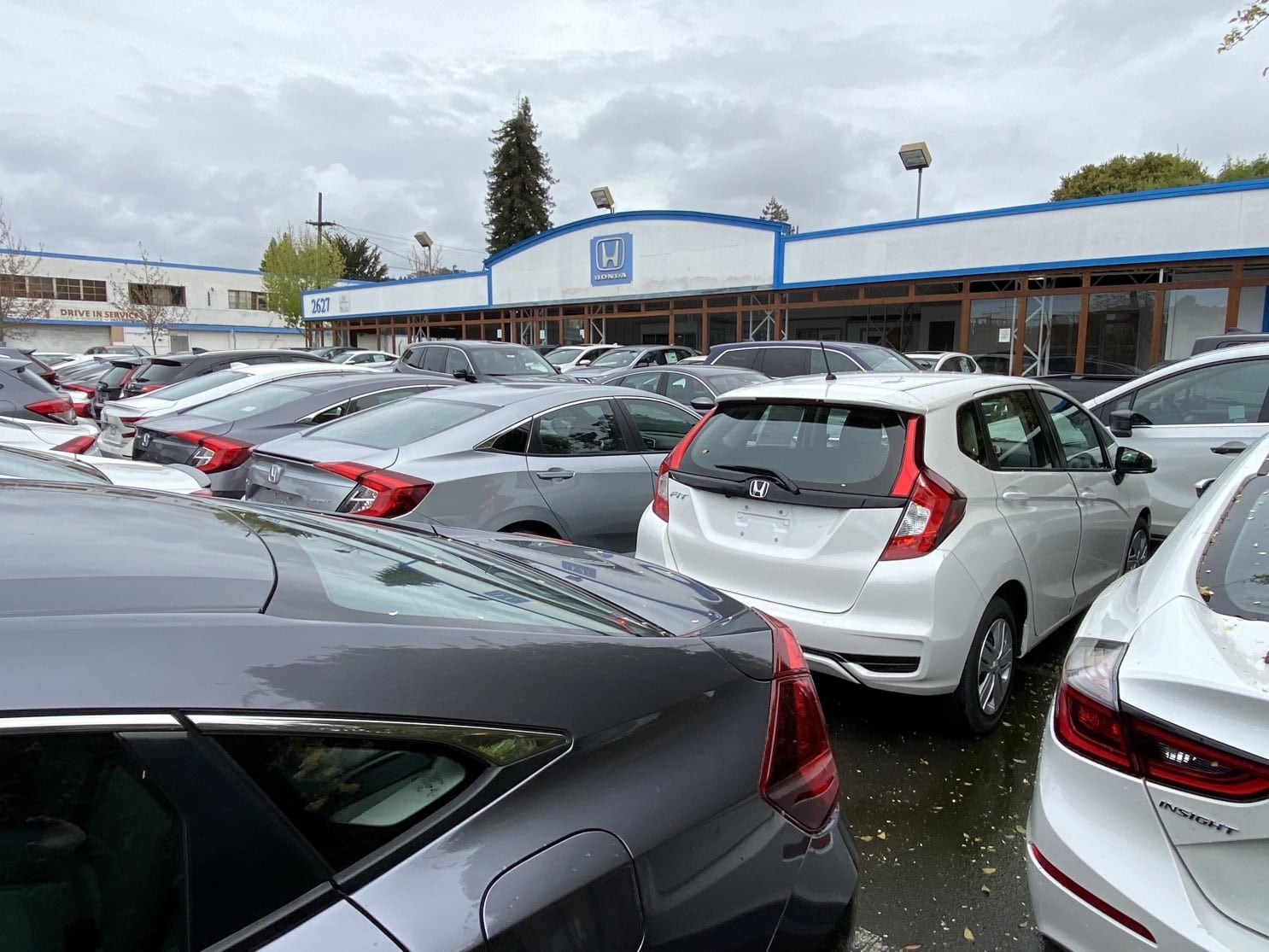
Navigating Loaner Cars: Benefits, Insurance, and Savings
You probably have heard about loaner cars at your local dealership or mechanics and body shops when you get your vehicle repaired. However, that may seem to be too good to be true. Do dealerships provide loaner cars, and if so, are they a good deal?
Dealerships do provide loaner cars to their customers. When you take your vehicle to be serviced or have maintenance performed on it at your local dealership, a dealer can do two things for you, providing that your car will be out of commission for several hours or even days. First, your dealer might offer to drive you to your business or back home and pick you up when your repair is complete. Second, the dealership may provide you with a free loaner car if you present proof of insurance. As a result, you can ensure that you have transportation while your automobile is being serviced.
Dealerships have a large number of loaner cars on hand. As a result, when you need one, they will provide you with a very similar vehicle. However, to tempt you to buy a new car, they may place you in a newer car with more added features than the one you already possess.
Essential to note is that loaner cars are not offered to everyone. It would help if you had current insurance for a dealership to provide you with a loaner car. Additionally, many dealerships that offer loaner cars will not give you a car if you are below the age of 25 years.
What Insurance Covers a Loaner Car?

Driving a car without insurance can be disturbing, not to mention that it is illegal in most states. When driving a vehicle that you own, you can be assured that your auto insurance coverage will have your back in the event of an accident. However, if you require a loaner vehicle, either while your car is being fixed or because you do not own a car and need to borrow one temporarily, you must first obtain insurance cover from one of several insurance companies before driving.
Your Auto Insurance
Most auto insurance coverage will cover the use of a loaner car. Loaners are referred to as temporary replacement cars in insurance policies. Even if your insurance does not cover the cost of a rental vehicle, it may cover any claims you make due to an accident while driving a loaner or rental vehicle. One disadvantage of using your existing auto policy for coverage is that your rates will most certainly climb long after you have your car back if you file a claim.
The Owner’s Insurance
If your automobile lender is a close relative or a friend, their insurance will cover you while driving the vehicle. Most ordinary insurance covers the car owner and the policyholder’s family members and anyone else that the owner lets borrow the car; hence, you won’t have to worry about your vehicle insurance premiums. Additionally, you won’t even need your policy to drive in this scenario. However, each accident you cause will have an impact on the owner’s premiums.
The Lending Company’s Insurance
Independent auto shops and dealerships may insure their loaner cars. Dealerships may offer basic liability insurance that meets state requirements or more extensive coverage including comprehensive and collision coverage. If you file a claim under your dealership’s coverage, the insurance company may demand payment from your auto insurance. Therefore, your prices will change.
Temporary policy
Taking out temporary insurance coverage could assist you to avoid damage to your own or someone else’s auto insurance while you’re driving a loaner car. Most major insurance companies provide temporary policies that price by the day, usually for a maximum of 30 days. Temporary insurance is more expensive than standard insurance. However, your driving record has no bearing on how much you pay, and if you file a claim, it will not affect your full-time vehicle insurance premiums.
What Should You Do if You Crash a Loaner Car?
Unfortunately, you may be involved in an accident when driving a loaner car. An accident like this might create a lot of uncertainty. What should you do if you get into an accident using a loaner car?
Getting into an accident while driving a loaner vehicle might be quite inconvenient. It is a good idea to report the collision to your insurance company. In theory, if you have someone else’s vehicle, you are the accountable one. Thus, if you damage a loaner car, you will always be required to pay compensation for the damage.
Check your insurance policy to see if it covers rental and loaner cars. In most circumstances, if you had a loaner vehicle while your vehicle was being fixed or serviced, your private car insurance will cover the loaner car as well. That is since it is a replacement car for your car. When it comes to comprehensive insurance, you can usually expect your car insurance to reimburse you for the damage. Lastly, if you have third-party insurance, the damage is not covered.
Can You Save Money By Buying a Loaner Car From a Dealership?

Typically, the response is yes, a considerable sum of money. However, it would help if you thought about the mileage because it can vary a lot. The majority of loaner automobile programs demand that the vehicle be kept in loaner service for at least 90 days. Some will have 1500 miles in that period, while others will have 6500 miles. If you have options, choose the car with the lowest mileage that meets your demands. In decent light, you’ll also want to examine a loaner car attentively. Uneven tire wear, interior damage, windshield chips, and door dents are some of the things to watch for.
Additionally, since the car has mileage and the warranty period has ended, please inquire about how the manufacturing warranty is affected. It works differently for different automobile companies, so be sure you understand how it works.
These days, a loaner car can save you thousands of dollars over a brand new car that looks exactly like it. So keep an eye out.
